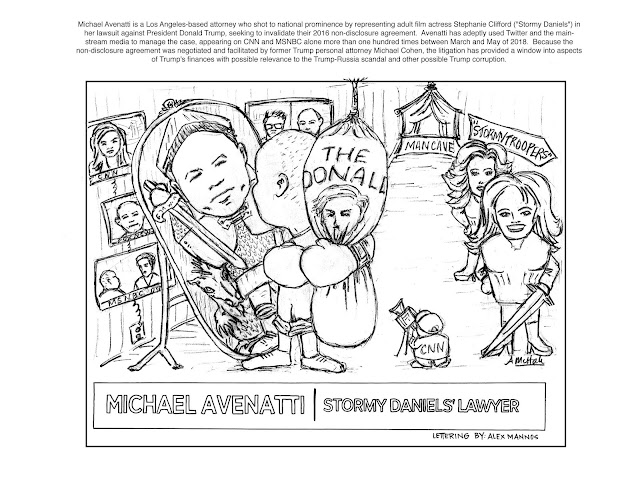Abortion and Religion
by Sherry F. Colb Have you ever seen an anti-abortion sign or ad or video? Did it contain a picture of an embryo or fetus? If it did, was the fetus relatively far along its path to forty weeks gestation? I am betting that it was. In my latest Verdict column , I discuss the question whether opposition to abortion can be feminist. In the course of that discussion, I talk about a video in which a doctor who says he has performed over twelve hundred abortions shows the viewer what a D&E (Dilation and Evacuation) looks like. At the end of the video, the doctor surprises us by announcing that he has stopped killing babies for money. I was not surprised by this announcement, however, because he used various words and expressions that demonstrated, perhaps inadvertently, that he is part of the pro-life movement. He called the person who performs the abortion an "abortionist" (which is a little like calling a banker who happens to be Jewish a "Shylock"), and he rep...
